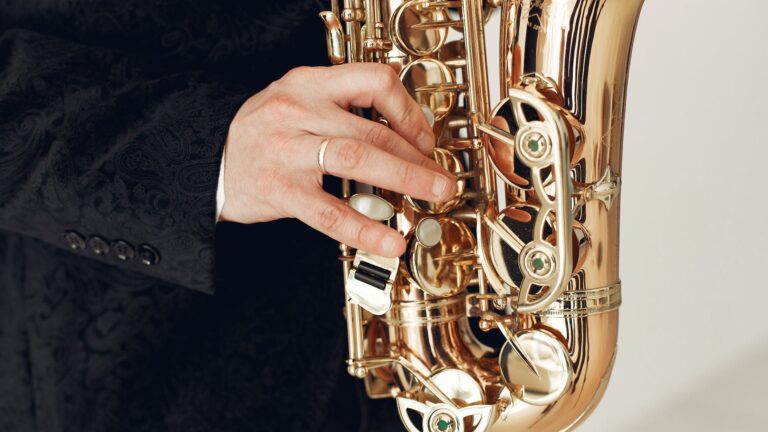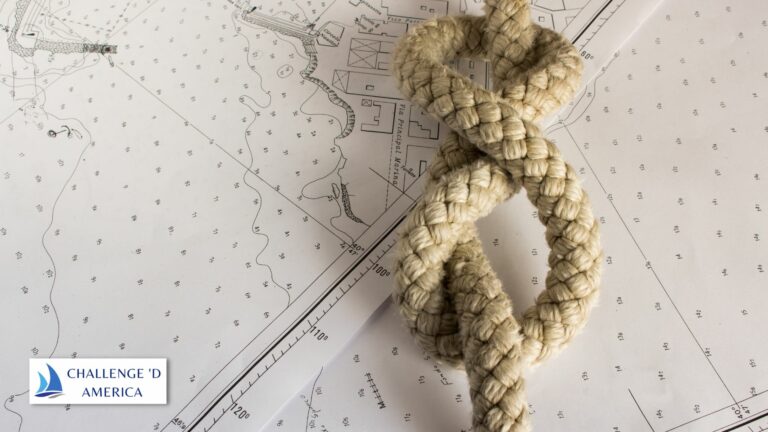What Are The Skills Needed To Be a Seaman?
The Essential Skills to be a Seaman
As an able seaman, the skillset required is wide and varied to ensure the safety and efficiency of any vessel they are assigned to work on.
This article will provide an overview of some of the essential skills needed for a successful career in sailing, from physical requirements to technical knowledge and communication abilities.
What Is An Able Seaman?
An able seaman is a type of mariner responsible for performing a range of duties on board a vessel, such as handling sails, anchoring, navigating and maintaining general safety on board ship.
An able seaman must be competent in lifesaving, CPR and first aid, telecommunication systems, sanitation, geography, general maintenance and mechanics as well as know how to operate, maintain and repair the machinery, safety equipment and tools used on cargo ships or other vessels.
Physical Requirements
Able seamen must have an acceptable level of physical fitness, this includes having a good sense of balance as they may be required to remain upright while working on deck in rough seas or adverse weather conditions.
It’s also important that they have good eyesight (with or without glasses) in order to spot potential hazards or dangers from afar such as approaching vessels or debris floating in the water that could cause damage to the ship if not noticed in time.
Mental Requirements
Able seamen should also have excellent problem solving skills with the ability to think clearly under pressure when facing unforeseen circumstances or difficult situations at sea.
They must possess mental strength and resilience in order to cope with long periods away from home and family as well as being able to work long hours with minimal supervision if necessary whilst still adhering strictly to safety regulations at all times when working onboard ship.
Navigation Skills
Navigation is key for any seaman, they must possess a sound knowledge of navigation laws, geography and nautical charts so they can plot their course accurately and determine their position at any given time while out at sea using only available navigational tools such as compasses or GPS devices if necessary.
They must also be aware of the International Maritime Organisation’s regulations set out for maritime traffic separation schemes which govern how ships should interact when travelling through certain areas known as ‘traffic separation zones’ where collisions are more likely due to increased vessel traffic densities in these areas due to their proximity to busy ports or harbours.
Weather & Sea Conditions Knowledge
Able seamen should also have an understanding of meteorology so that they can accurately predict changes in weather patterns which may affect their voyage, this includes being able to recognise potential signs of bad weather such as approaching storms or squalls from afar so that they can take the necessary precautions by reefing down sails if necessary or altering course direction away from danger if need be before it’s too late!
They should also be familiar with different types of sea conditions such as tide movements or swell heights which can affect their progress during their voyage depending on what type of vessel they are sailing on (e.g., larger vessels tend not be affected by swell heights but smaller vessels can often struggle when travelling through large waves).
Technical Skills
As well as having navigational skills, an able seaman must possess technical knowledge which includes being familiar with all relevant machinery onboard ship such as winches, engines and pumps – they should know how each one works so that they can identify any potential problems quickly before it’s too late!
They should also have basic mechanical engineering skills which allow them maintain these machines regularly so that any problems can be fixed quickly thus avoiding unnecessary downtime whilst out at sea – this includes being able to use welding equipment correctly (if necessary) for more complex repairs involving metal components onboard ship!
Safety & Emergency Procedures Knowledge
Safety is paramount when sailing, it’s essential that able seamen understand all relevant health & safety regulations before setting sail even if just for a short trip – this includes knowing what kind of fire extinguishers are required onboard ship depending on its size/type/location etc., how many life jackets each passenger must carry at all times (including crew!), where emergency exits are located around the vessel etc., etc.
They should also know how to react quickly & calmly in case of an emergency situation such as man overboard drills – they should know exactly what steps need taking immediately (e.g., launch rescue boat/call coastguard/drop anchor etc.) & who needs doing what job during such scenarios so that everyone involved remains safe at all times!
Maintenance & Repair Skills
Able seamen should have some basic carpentry skills enabling them perform minor repairs around the vessel either themselves (if it’s safe enough!) or guide other crew members through the process if need be – this may include fixing broken decking boards/rails/hatches etc., replacing deck fittings/fixtures etc.
They should also understand basic electrical principles so that they can diagnose & fix any electrical faults occurring onboard ship whether these relate directly to engine systems or other onboard entertainment systems like televisions/radios etc.
Finally, it’s essential that know how perform basic maintenance tasks related directly engine systems such checking oil levels/replacing filters etc.
Communication Skills
Communication is key when sailing, this means being able communicate effectively both verbally & non-verbally depending on circumstances – understanding maritime jargon & phrases used by other mariners will help them understand instructions quickly during busy periods whilst out at sea therefore allowing them react promptly whatever situation arises!
They should also possess excellent interpersonal communication skills enabling them build strong relationships with fellow crew members helping foster good working environments onboard ship making everyone feel comfortable even during long trips away from home!
Conclusion
In conclusion, successful careers in sailing require wide range skill sets ranging from physical requirements like good balance & eyesight through mental requirements like problem solving capabilities & resilience right down technical knowledge about navigation laws/sea conditions/engine mechanics etc.
Communication ability is equally important enabling them build strong relationships amongst colleagues ensuring everyone remains happy throughout voyages no matter how long these may last!


![sailing-boat-hawaii-size What Size Boat To Sail To Hawaii?[Editing Required]](https://challengedamerica.org/wp-content/uploads/2023/02/sailing-boat-hawaii-size-768x432.jpg)




